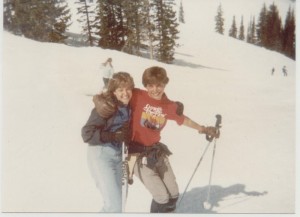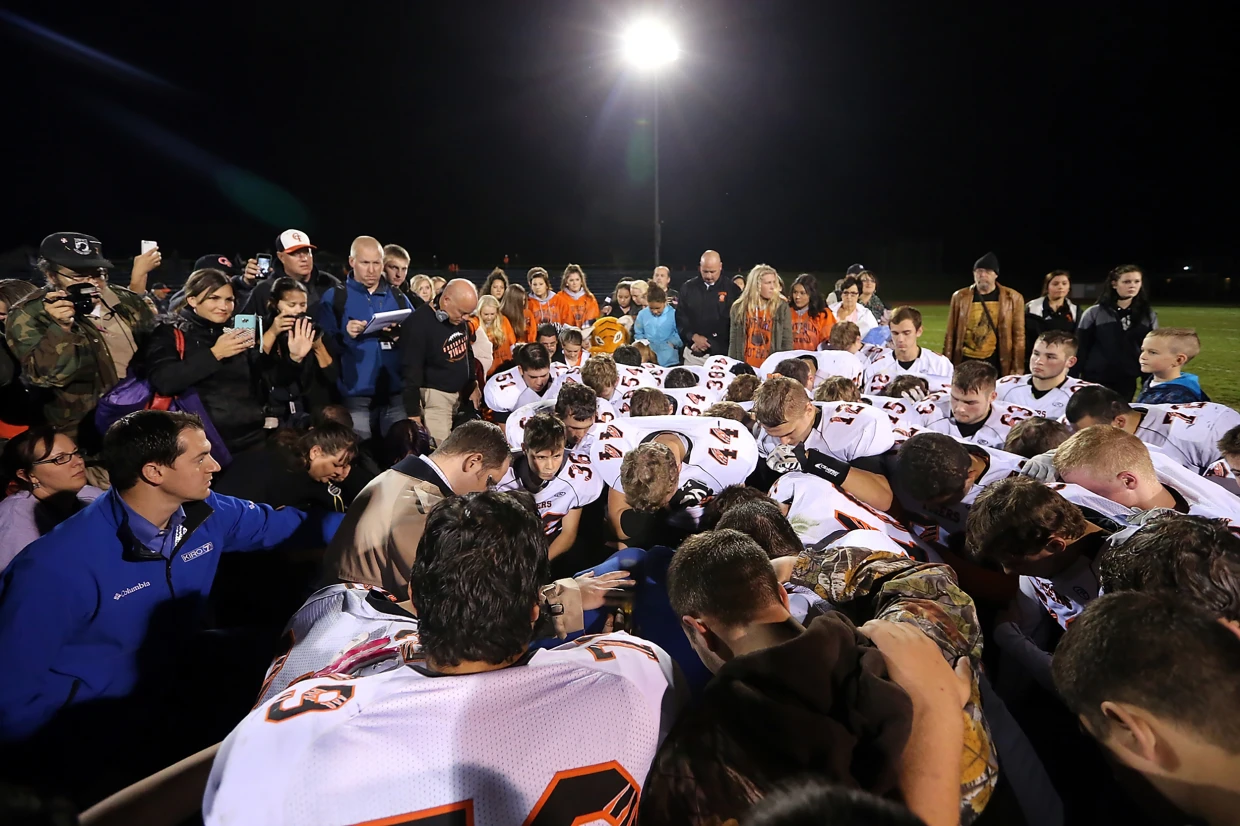December 17, 2012
Many parents talk about the need to hold their children extra close this week because of the 20 first-graders who died at Sandy Hook Elementary School. I don’t feel a sudden need to do that because a day never goes by that I do not want to hold my only child close.
I learned fairly early in life just how fast death can come. So did my parents and my oldest brother. My middle brother, Kevin, was killed in a car accident at age 23; I was 21. I’m not trying to compare my family’s loss to other families’ losses. But after at first deciding not to write something about the Newtown, Conn., tragedy, I found I had to – on behalf of the siblings who now will have to live the rest of their lives without a brother or a sister.
A group called The Compassionate Friends likes to refer to grieving siblings as the “forgotten mourners.” When parents lose a child, they are often so overcome that their surviving children’s grief becomes secondary or even overlooked. No one can fathom the kind of grief the parents of those 20 children – or the six adults killed in the same school shooting – will experience in the weeks, months, and years to come. No one, too, should try to second-guess how the tragedy will affect the victims’ siblings.
After my brother’s death, well-meaning comforters thought they knew exactly what to say.
“Be thankful you had another brother,” one said.
“The worst thing in the world is losing a child,” said another.
“Be strong for your parents,” others said.
I got the message. My grief should come in a distant second to my parents’ suffering. In fact, my role wasn’t really as a mourner. I was supposed to take care of my parents, a role I desperately wanted to assume. But I was still figuring out how to take care of myself.
Some comforters inadvertently made it seem as if siblings were interchangeable. I was the youngest of three, and Kevin, two years older, was the closest to me in age and friendship. In fact, he was my best friend.
I did try to be there for my parents after my brother’s death, and they tried their hardest to be there for me. We struggled to figure out how to help each other. No one gave us a pamphlet for families dealing with the loss of a child, and even if there were one, it probably could not cover everything that can come up.
My parents set up a scholarship in my brother’s memory at his alma mater, Ohio University. It was a wonderful tribute. But it seemed like my parents’ tribute because they told me about it after the creation. I would have loved to have been part of the planning. My parents met with a rabbi to plan the funeral, but didn’t think to ask me along. We don’t know to this day why that occurred. What we know now: It’s important to include the surviving children in anything parents can.
My parents would ask how I was doing, and I often sugarcoated how awful I felt because I did not want to make them hurt worse than they did. It took years before we felt comfortable sharing some of the wonderful memories of Kevin or could speak openly about how his death affected each of us.
I was a young adult, though. The majority of the Sandy Hook victims were age 6 or 7, and many of their siblings, from what I’ve read, are also young children. They are living their grief in a public spotlight and may for years to come when reporters cover anniversaries of the school shootings. Still, like all bereaved siblings, the brothers and sisters of the Sandy Hook first-graders will probably have similar experiences.
They, like I have, will celebrate birthdays and graduations without a beloved brother or sister present. One day, maybe they will marry and wish more than anything else that their sibling was there to witness it. One of the most joyous days of my life was when I gave birth to Simon in 2008. One of the saddest was barely a month later when it was March 1st, the 22nd anniversary of my brother’s death. I went to temple with my husband and Simon to mark the yahrzeit, the anniversary of my brother’s death on the Jewish calendar. I sobbed more than I had in years. Joyful to hold my baby boy in my arms, I was torn apart with the realization that my brother Kevin would never meet his nephew.
Several news outlets published a eulogy read by an uncle at the funeral of 6-year-old Noah Pozner, one of the Newtown victims. Within his immediate family, Noah was survived by his parents, two older sisters, an older brother, and a twin sister, Arielle. One line in that eulogy shows that Noah’s family already is thinking of everyone affected: “He called Arielle his best friend, and she was — and always had been.”
As a parent, as a bereaved sister, I feel more than I could ever express in words for the mourners of the victims in the Newtown, Conn., shootings. My son Simon is now 4 ½ years old, barely two years younger than those first-graders. He starts kindergarten in the fall. He says, “I love you,” to both my husband and me with ease. He loves to give hugs and receive them. He’s silly, musical, and like any child his age, just curious about anything he sees or hears. He has heard nothing about what happened in Newtown and won’t from us unless he brings it up. He has the right to live his early childhood in innocence and mostly joy. So did the 20 Newtown first-graders. So did their brothers and sisters.





